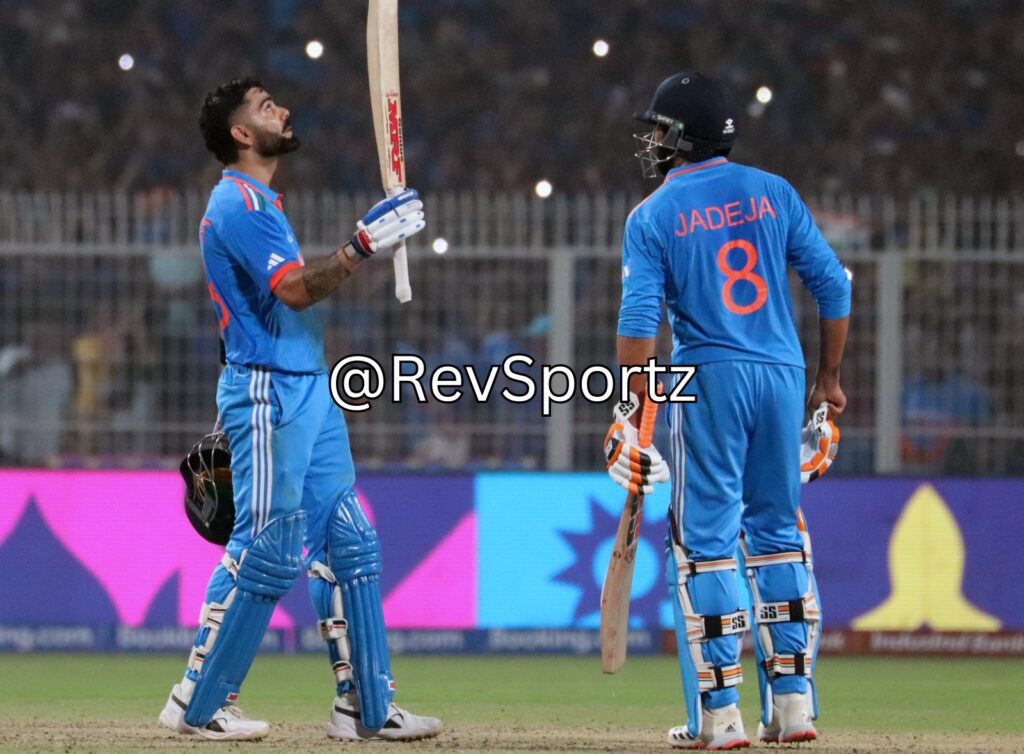
Pressure. Perhaps the most-used word when it comes to sport. Everyone who has played sport will tell you there is always pressure. From fans, parent bodies, sponsors, family and, most importantly, from yourself. At the end of the day, a sportsperson is alone grappling with his or her own mind. A mind that is full of clutter and constantly fighting to be freed. Of all the thoughts that keep flooding in, of the possibilities that keep disturbing the equilibrium and finally all the hope and expectation of what can be. The possibilities, options and the potential going forward.
Sachin Tendulkar, who played cricket with maximum pressure for a good two-and-a-half decades, described pressure really well. According to him, there are two ways to deal with pressure. The first is if the pressure is kept behind a performer. Say a billion people are behind you. In such a scenario, where the pressure is behind you and pushing you ahead, it can only help you get better and propel you further. That’s how Tendulkar dealt with pressure. He always used it as a tool. Something that helped him get better and do something tangible for the country. The moment the ‘Sachin Sachin’ chants would start, he would make a mental adjustment and not let them get to him. Ask him and you would know. “If a billion people are always behind me and helping me, can there be a greater support system?” he would ask.
The second kind of pressure is when it is on top of you. If the expectations of a billion people are on your head, all they can do is weigh you down. And in such a scenario, it is impossible to perform well. It clutters your mind and colours your judgment. For a batter, it becomes impossible to choose the correct shot, and for a bowler, it becomes a nightmare to bowl the right length.
That’s where the Virat Kohli 100 at Eden Gardens on Sunday afternoon was so special. Millions of people wanted it, and all talk on social media was about a Kohli 100 on his birthday. However much Kohli tried to stay away from all it, he too is human. Or, is he? To be able to soak it all in, and then go and bat more than 40 overs and hold the things together was a very special effort. It was a masterclass on handling pressure. To cocoon yourself and get to a zone where nothing fazes you. Kohli knew he had a job to do and that’s what he did. There will be people who say it was a relatively slow innings. Some will suggest he should have been more aggressive at the tail-end of the innings. None of it is relevant. His team got to 326 and he did what the management asked of him. Clearly, one of his most valuable hundreds under intense pressure.
India and Kohli have been at their best in the World Cup. Beating South Africa, England and Sri Lanka by unthinkable margins, India are now runaway favourites from here on to lift the trophy. Never has an Indian team looked as intense and as ruthless. But then, the knockouts are a very different ball game. Which team handles pressure better will decide the destiny of the World Cup. Who wants it more? Who can keep calm? Each of the teams have men of quality, and the line between error and a superhuman effort is very thin. That’s where handling pressure becomes the key.
In trying to explain pressure in a little more detail, I will turn to a different sport. Abhinav Bindra was India’s first individual gold medal winner at the summer Olympics. Bindra, for the record, also came close at Rio 2016, eventually losing out in a tie break. It was the closest one could get to a medal and yet not win. Was it pressure or was it just that moment? Again, we will never know. But as Bindra said, it just happens. In that moment when he was shooting the final shot, he was sure. There was no doubting his ability. Till the 17th shot, he was in silver-medal position, and in qualification, he had shot the best final round of 10 shots. But that one particular shot did not work. And he knew it the moment he fired it. A slight shake of the head was proof of what he must have felt. Four years of work had come to nothing and it was a bitter pill to swallow. Even for Bindra, who had seen it all.
Contrary to Rio, Beijing 2008 was different. The final shot from Bindra was a 10.8, and that landed him the gold. Micro millimetres between a gold medal, and no medal at all. That’s how sport is. And that’s what pressure does to you – it can make you the best or worst on a given day. Kohli, who is being hailed as the greatest India has seen, will be criticised and trolled if he fails to deliver in the knockouts. Rohit Sharma, whose captaincy has been standout, will be looked at differently if there is one blip in the next two weeks. Failure isn’t an option, and that’s when the pressure starts to mount.
It is not easy. Never is. But that’s what separates the greats from the also-rans. It’s what distinguishes the team that wins from others that are good but not the best. It all boils down to pressure. It all boils down to who wants the World Cup title that extra bit more. And for Kohli, it is about his legacy. About who he is. A World Cup title on home soil, with multiple hundreds along the way, could settle every debate once and for all. He will be universally accepted as the greatest white-ball player of all time. That’s how high the stakes are, and that’s what made his Eden effort that much more special.



